User Ideas / Prospects
Here’s a list of agricultural engineers whose contributions have played a significant role in transforming agriculture and helping to prevent global hunger. Their innovations have helped increase food production, improve sustainability, and ensure food security around the world:
1. Jethro Tull (1674–1741) 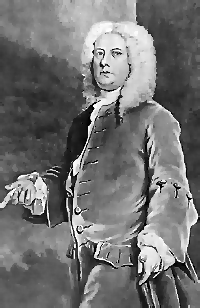
- Contribution: Invented the seed drill in 1701, a major advancement in planting crops efficiently.
- Impact: This tool allowed farmers to sow seeds in neat rows, leading to higher crop yields and more efficient farming methods, thus boosting food production.

- Contribution: Developed the first commercially successful steel plow in 1837.
- Impact: Deere's plow could cut through the tough Midwestern soil, revolutionizing farming and allowing for much larger-scale production in previously difficult areas.

- Contribution: Invented the mechanical reaper in 1831, which was later improved and mass-produced.
- Impact: The mechanical reaper allowed one farmer to do the work of several, drastically improving the efficiency of harvesting grain and contributing to higher agricultural output.

- Contribution: Known as the father of the "Green Revolution," Borlaug developed high-yield, disease-resistant wheat varieties.
- Impact: His work in plant breeding helped save millions from starvation, particularly in developing countries like India and Mexico. Borlaug won the Nobel Peace Prize in 1970 for his work in combating hunger.

- Contribution: Second African American to hold a U.S. patent; invented a corn planter and a cotton planter.
- Impact: His inventions made planting crops like corn and cotton much more efficient, boosting agricultural productivity in the 19th century.

- Contribution: Developed crop rotation methods and introduced nitrogen-fixing crops like peanuts and sweet potatoes.
- Impact: Carver's work improved soil health and farm productivity, especially in the southern United States, helping to diversify crops and reduce reliance on cotton farming.
- Contribution: Though known for his work in landscape architecture, Olmsted also had a profound impact on agricultural engineering through his work in soil science and farm management.
- Impact: Olmsted's agricultural reports helped push the development of more scientific farming methods, boosting productivity and efficiency.
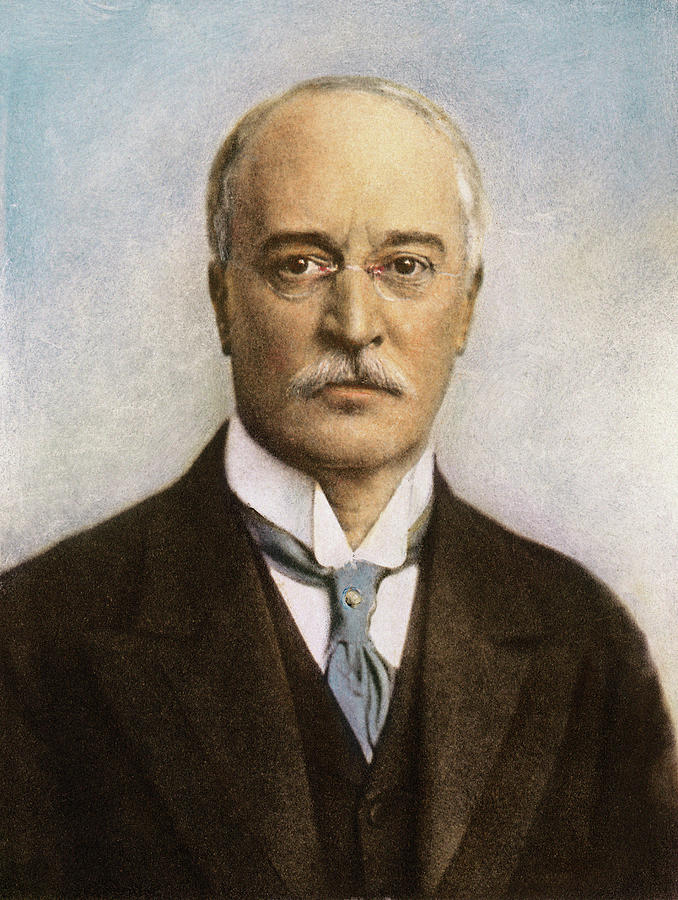
- Contribution: Invented the diesel engine.
- Impact: Diesel engines revolutionized agricultural machinery, enabling more powerful and efficient tractors and equipment, which improved farm productivity and transportation of goods.

- Contribution: Developed the Rotherham plow, an early example of mass-produced agricultural machinery.
- Impact: The Rotherham plow was cheaper and more efficient, leading to widespread adoption and improving farming efficiency in the UK.

- Contribution: Though primarily known for his safety inventions, Morgan developed a successful line of agricultural tools.
- Impact: His contributions improved agricultural safety and efficiency during the early 20th century.
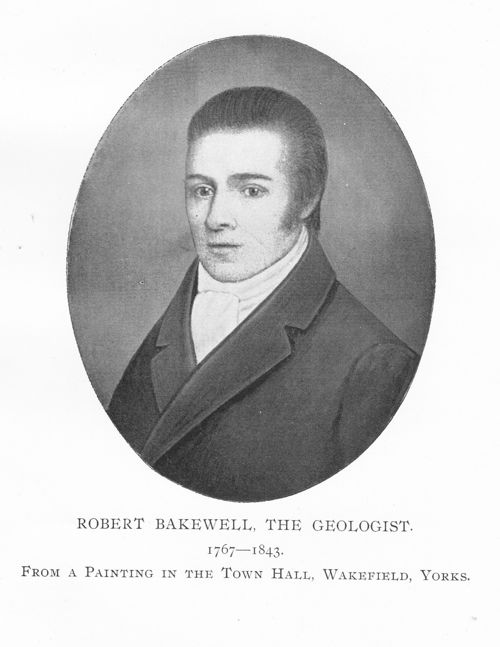
- Contribution: Pioneered selective breeding of livestock.
- Impact: Bakewell's methods improved the size and quality of cattle, sheep, and horses, boosting food production and efficiency in animal husbandry.
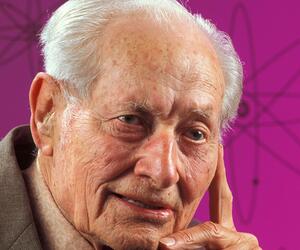
- Contribution: Developed the Sterile Insect Technique (SIT) for pest control.
- Impact: SIT significantly reduced agricultural pests without the use of harmful pesticides, increasing crop yields while maintaining environmental sustainability.
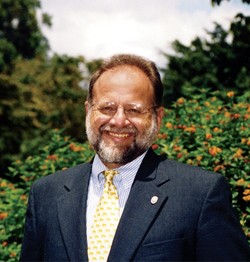
- Contribution: Worked on soil fertility and food security, particularly in Africa.
- Impact: His efforts have helped improve agricultural productivity in some of the world's most food-insecure regions.

- Contribution: Early scholar in the Islamic Golden Age who applied scientific methods to agricultural productivity, improving irrigation and crop production.
- Impact: His advancements laid the foundation for modern agricultural engineering techniques in the Middle East and beyond.
These agricultural engineers and inventors have dramatically shaped modern agriculture, directly impacting food availability and ensuring that we can feed a growing global population. Without their contributions, global food production would have struggled to keep up with the increasing demand, leading to far more widespread hunger and chaos.
